Life
Sign up for our newsletter
We summarize the week's scientific breakthroughs every Thursday.
-
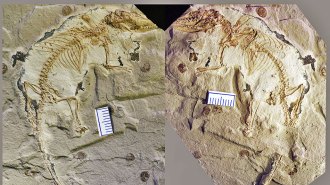 Paleontology
PaleontologyA flexible bone that helps mammals chew dates back to the Jurassic Period
A flexible bone that helps with chewing may have helped give rise to the Age of Mammals, a new fossil shows.
-
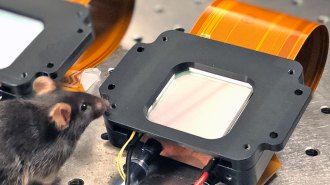 Health & Medicine
Health & MedicineManipulating nerve cells makes mice ‘see’ something that’s not there
Using optogenetics to stimulate about 20 nerve cells causes mice to perceive nonexistent vertical or horizontal lines.
-
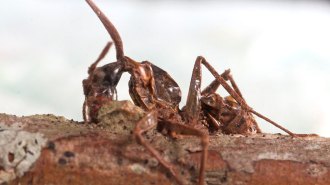 Animals
AnimalsA deadly fungus gives ‘zombie’ ants a case of lockjaw
Clues left on infected ant jaws may reveal how the ‘zombie-ant-fungus’ contracts ant muscles to make their death grip.
-
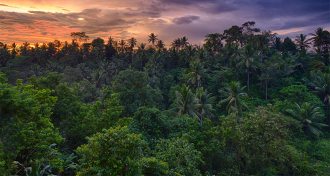 Ecosystems
EcosystemsPlanting trees could buy more time to fight climate change than thought
Earth has nearly a billion hectares suitable for new forests to start trapping carbon, a study finds.
By Susan Milius -
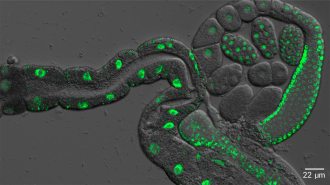 Genetics
GeneticsThis gene may help worms live longer, but not healthier
Antiaging therapies may have trade-offs, research on worms suggests.
-
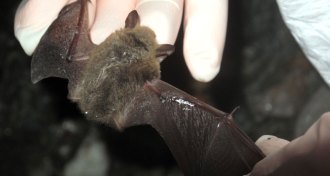 Life
LifeSpraying bats with ‘good’ bacteria may combat deadly white nose syndrome
Nearly half of bats infected with white nose syndrome survived through winter after being spritzed with antifungal bacteria, a small study finds.
-
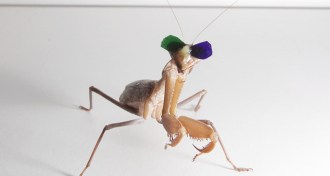 Health & Medicine
Health & MedicineTiny glasses help reveal how praying mantises can see in 3-D
Newfound nerve cells in praying mantises help detect different views that each of the insects’ eyes sees, a mismatch that creates depth perception.
-
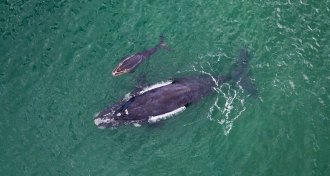 Animals
AnimalsSouthern right whale moms and calves may whisper to evade orcas
Mother-calf whale pairs call to each other quietly to stay in touch while avoiding attracting the attention of predators, a study suggests.
-
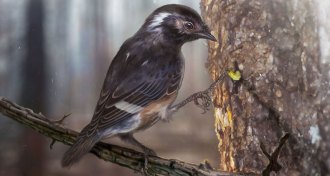 Paleontology
PaleontologyAn ancient bird found encased in amber had a bizarrely long toe
A 99-million-year-old fossil holds a bird with an oddly long toe, which might have helped the critter hook hard-to-reach dinners.
-
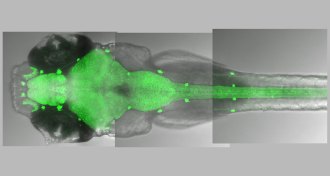 Neuroscience
NeuroscienceBoth fish and humans have REM-like sleep
Sleeping zebrafish have brain and body activity similar to snoozing mammals, suggesting that sleep evolved at least 450 million years ago.
-
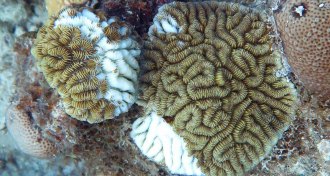 Oceans
OceansA mysterious coral disease is ravaging Caribbean reefs
Scientists are racing to learn what’s behind a disease that’s “annihilating” whole coral species in hopes of stopping it.
-
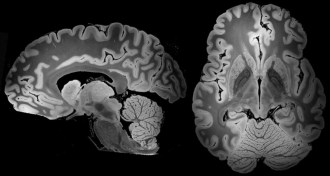 Neuroscience
NeuroscienceA 100-hour MRI scan captured the most detailed look yet at a whole human brain
Researchers report ultraprecise imaging of a postmortem human brain.